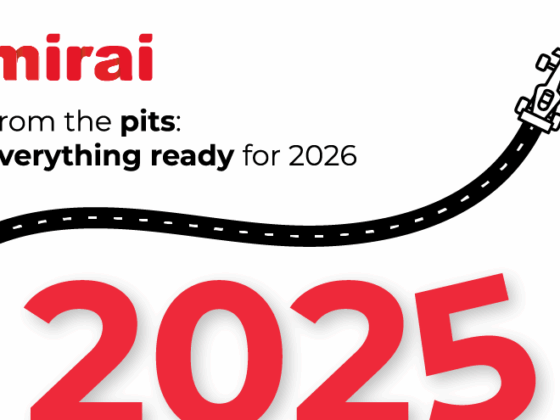
Research from Amadeus and Accenture estimates that selected IT solutions reduced CO2 emissions by 50,000 metric tons in 2023.
The results from a new report by the duo titled The Power of Digital: IT solutions and their role in aviation’s path to net zero, could prove crucial as IATA estimates that aviation accounts for 2-3% of total global carbon emissions.
The research evaluated the impact potential of IT solutions currently available to support airlines and airports as they navigate their path to reducing the carbon emissions of the aviation industry.
It identified several key levers to decarbonise aviation, including fleet renewal, Sustainable Aviation Fuel (SAF), new aircraft technologies, and operational efficiency improvements.
The IT solutions lever can help airlines and airports accelerate their journey in the transition to net zero by providing operational efficiency improvements that decrease fuel burn and lower costs.
Technology solutions such as data dashboards, forecasting models, and management tools can help improve insights and decision-making across organisations, from front-line to senior leaders.
These tools help airlines, airports, and service providers make significant operational and profitability improvements.
To illustrate the results, it contains two case studies that assess the current and potential impact of the two Amadeus IT solutions.
Amadeus Airport Sequence Manager is one of them and the report estimated that, if this solution were implemented at all applicable airports worldwide, 493,000 metric tonnes of CO2 emissions could be saved annually.
Amadeus Altéa Departure Control – Flight Management is the other and the study highlighted that if implemented at all applicable airlines globally, could result in a potential avoidance of 5.2 million metric tons of CO2 emissions annually.
The analysis within estimated that, in 2023, the IT solutions explored in the case studies delivered a potential annual saving of the equivalent of 50,000 metric tons of CO2 emissions.
It then extrapolates the findings to a global scale, suggesting that if all applicable airlines and airports implemented these IT solutions, based on size and flight volume used to reach the calculations included in the report, the aviation industry could achieve a reduction of approximately 5.7 million metric tons of CO2 emissions annually.
This reduction is equivalent to 0.6% of global aviation emissions in 2023[2] or 10,000 flights from London Heathrow to John F. Kennedy International Airport.
Olivier Girault, head of solutions, sustainability office of Amadeus, said: “While IT solutions alone cannot fully decarbonise aviation, they offer a near-term opportunity to improve operational efficiency and reduce carbon emissions.
“As the industry continues to evolve, Amadeus will support its customers in driving sustainable change through technology.”
Jesko Neuenburg, global aviation sustainability lead of Accenture, added: “IT solutions that help optimise airline operations can deliver a substantial decarbonisation contribution.
“It was revealing to see that the solutions we reviewed – if deployed globally to all airlines and airports – could reduce as much CO2 emissions as all the SAF expected to be produced globally in 2024.”








